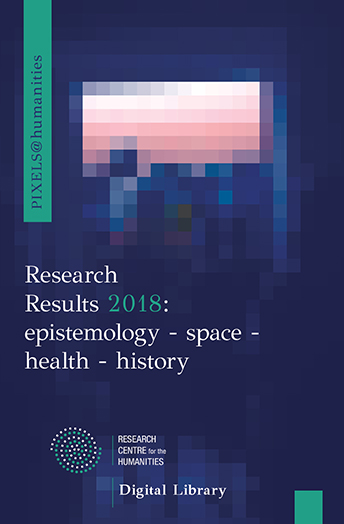Summary of the Research Proposal
This project is concerned with the concept of lying in the Platonic corpus and, in particular, on the “useful” instances of lies in Plato’s Republic. Towards the end of Book II of the Republic, Plato draws a distinction between what he calls “lies in the soul” and “lies in words” (282b-e). The former represent “ignorance about the most important things” and should be hated by everyone (382B). But “lies in words”, he goes on to say, may be useful and, as such, are not deserving of hatred (382c). He lists three cases of “useful lies in words” a. lies to enemies, b. lies to deranged or depressed friends, which aim at preventing them from doing something bad and c. stories about events long ago, which make a falsehood as much like the truth as possible (382c-d). Later, he lists the Noble Lie (414b-415d) among the ‘useful lies’. Elsewhere in the Republic lies are called “drugs” (459c).
The debate surrounding the place of lying in Plato’s Republic has, for the last century, been dominated by Karl Popper’s (1966) fierce criticism of Plato’s willingness to include a lie of any sort, within the foundational structure of the ideal city. Recently, Schofield (2006) has recognized the nuance of Plato’s thought and provides a thorough examination of the motivation behind the Noble Lie. Schofield points out that Plato challenges the norms of truth-telling prevalent within his own society as well as considering issues based in contemporary Kantian views.
This research project was funded by the Research Centre for the Humanities (RCH), with the support of the John S. Latsis Public Benefit Foundation.

To view the conference’s program in Greek, click here.
The research results of the program “The Necessity of the ‘Useful Lies’ in Plato’s Republic”, by Eleni Kaklamanou
have been published in Greek by RCH Digital Library, as part of the journal PIXELS@humanities,
in the volume Research Results 2018: epistemology – space – health – history.
Read the article in Greek here.

Eleni Kaklamanou received her Ph.D in Ancient Philosophy at Trinity College, University of Dublin. She is adjunct lecturer at the Open University of Cyprus. She has formerly taught philosophy at the Universities of Crete and Cyprus. Her main research includes Plato and Platonism, political philosophy, ancient political theories, aesthetics, theories of knowledge.
Selected Publications
- “An Old Academic on Rhetoric: The Example of Xenocrates”, Dionysius XVIII 2011: 7-18.
- ‘‘Speusippus on Cognitive Sense-perception: Sextus Empiricus M 7.145-6” British Journal for the History of Philosophy 20 (6) 2012: 1183-93.
- “Reading the Proemium of Plato’s Theaetetus: Euclides in Action”, Greek Roman and Byzantine Studies 36 2016: 410-437 (co-author M. Pavlou).i
- ‘Φυσική Φιλοσοφία και Κοσμολογία’ στο Γ. Καραμανώλης (επ.) Εισαγωγή στην Αρχαί Φιλοσοφία, Πανεπιστημιακές Εκδόσεις Κρήτης 2017: 181-216
- ‘Philosophy and Mathematics in Antiquity’, Hermathena, vols 190-1 2011 (co-editor P. Larsen)
- Framing the Dialogues: How to Read Openings and Closures in Plato’s Dialogues’ Brill 2018 (co-edtors A. Tsakmakis, M. Pavlou)
- Review in Thomas L. Carson, Lying and Deception, Theory and Practice, Oxford: Oxford University Press 2010, The Journal of Applied Philosophy 28.2, 2011

